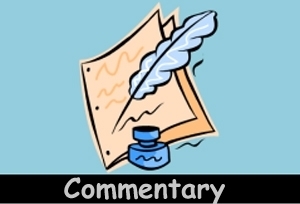
The net government borrowing from the banking sector has seen a rapid surge in the current fiscal year amid a drastic fall in savings due to the lower investment of general people and firms in national savings certificates (NSCs). The borrowing has started increasing again for what the officials said as development projects that were halted due to Covid-19. According to Bangladesh Bank data, the government’s borrowing from the banking sector stood at Tk 22,344 crore from July 1 to December 14 of this fiscal year. It has targeted to borrow Tk 76,452 crore from the banking system in the year. During the last fiscal, the government had borrowed Tk 26,078 crore. Although the accelerated borrowing is yet to put any adverse impact on the private sector, noted economists have said that this might bring about a credit crunch in the coming months if the current trend of government borrowing continues.
The higher public borrowing is largely the result of individual investors and companies moving away from national savings instruments after the Finance Ministry cut the interest rate on NSCs and wage-earner bonds by 1 to 3 percentage points for the investment above Tk 15 lakh in September. However, they said foreign loans and aid could play an important role in helping the government cut its reliance on bank borrowing to meet expenses. But another economist said there is nothing to be worried about the government’s bank borrowing dependence. There had been an increase in the government’s bank loan dependency also a couple of years ago.
Following the borrowing, private banks will be able to benefit from the government borrowing by lending at a certain interest rate, without having to worry about the loan being defaulted. It may be noted that the total borrowing from banks since independence stood at Tk 183,865 crore at the end of August last year, which has now reached Tk 209,436 crore. The Commercial banks have been playing an important role in the economic development of Bangladesh. Our banking sector, however, is faced with various challenges, which include weak management, poor governance, lack of strong leadership, and non-compliance with ethical standards leading to various types of banking scams such as money laundering. We want to say that the administration should make sure that the banking sector does not face any barrier when demand for investment picks up.

